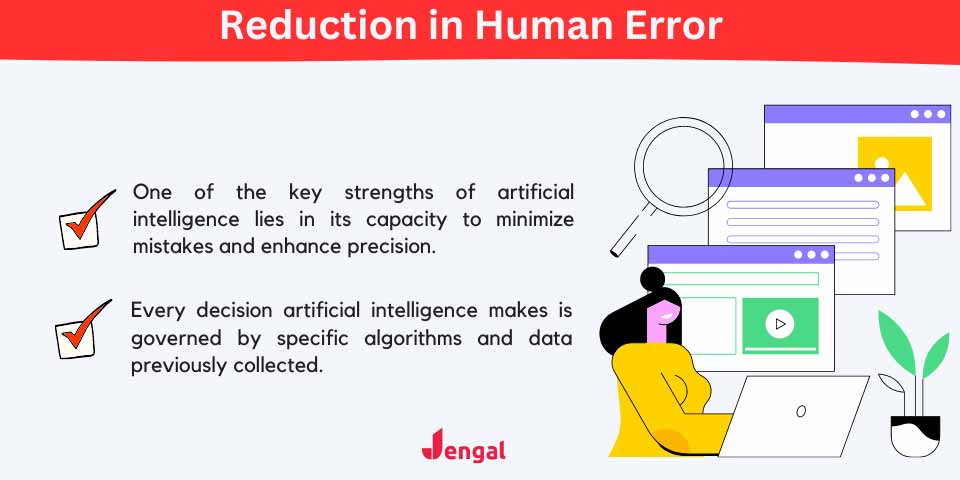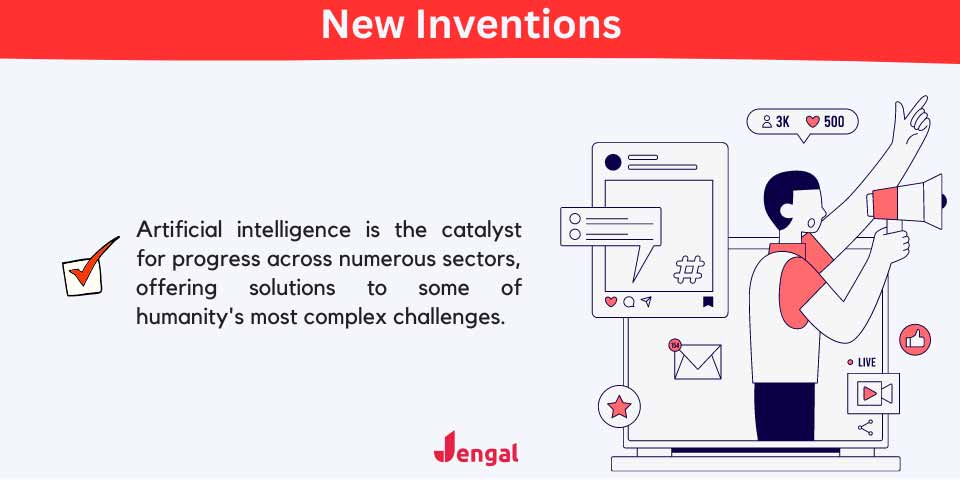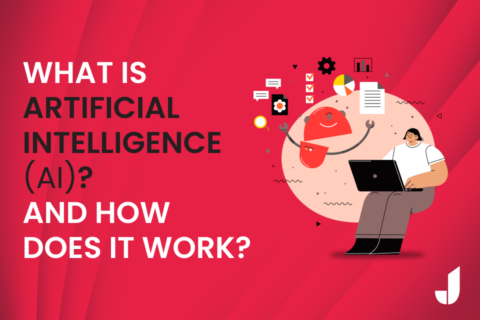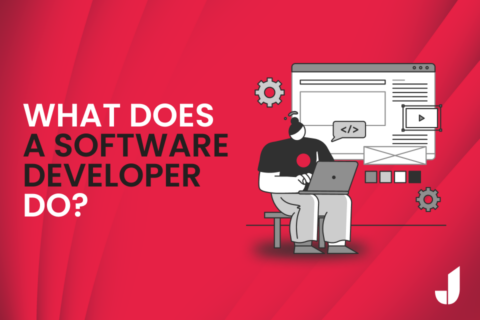With all the excitement surrounding AI, like robots, self-driving cars, etc., it is simple to think AI has no impact on day-to-day activities. In reality, practically every day, the majority of us come into contact with artificial intelligence in one form or another. In this article, we will talk about the advantages and disadvantages of AI in detail and answer some important questions.
Table of Contents
What Is Artificial Intelligence?
The goal of the computer science field of artificial intelligence is to build devices and software that can simulate how people think. Certain AI systems can analyze large, complicated data sets to learn from their past performance and enhance their programming without the assistance of humans.
Due to AI’s recent explosion, it is now widely used in both business and daily life. Every day, people interact with AI-powered programs to make their lives easier.
Advantages and Disadvantages of Artificial Intelligence
Every improvement in technology has advantages and disadvantages. Every level of discussion on the advantages and disadvantages of AI is quite intense. But what really does AI do, beyond the headlines that either promote hype or fear?
The benefits include but are not limited to simplifying, time savings, bias elimination, and task automation. The drawbacks include things like expensive implementation, the possibility of eliminating jobs for people, and a lack of feeling and originality. So, let’s begin with the benefits of AI.
Also, you may be interested in our What Is Agile Software Development? article!
5 Advantages of Artificial Intelligence
Using AI can help your company produce results more quickly and precisely. Let’s look at the advantages of artificial intelligence in detail.

Reduction in Human Error
One of artificial intelligence’s greatest advantages is its ability to decrease errors and improve accuracy. Every choice made by AI is determined by a certain set of algorithms and previously acquired data.
Zero Risks
By giving tasks to AI robots, people can reduce several dangers and gain the benefits of AI. Defusing bombs and exploring the deepest regions of seas are just a few examples of the many uses for robots that are resilient to harsh environments.
24×7 Availability
AI algorithms are always available, while humans work eight hours a day. Machines are always in operation, and chatbots with AI capabilities may assist customers even when they are not in use.
Digital Assistance
Some of the most technologically advanced businesses use digital assistants to interact with people, eliminating the necessity for human staff. Websites also widely use digital assistants to deliver content that users have requested.

New Inventions
AI is the driving force behind many developments in almost every industry that will help humans solve the most difficult problems. For example, recent developments in AI-based technology have made it possible for doctors to identify some forms of cancer in women early.
5 Disadvantages of Artificial Intelligence
There are also disadvantages of artificial intelligence, which need to be looked at in detail.
High Costs
The largest and most evident disadvantage of using AI is that it can be quite expensive to implement. The pricing varies according to what specifically you need AI to do.
No Creativity
The inability of AI to make decisions based on emotion or inventiveness is its second drawback. AI is incapable of coming up with novel solutions to issues or being exceptionally creative in any area. According to one scientific study, AI can currently be programmed to generate “novel” ideas but not original ones.

Unemployment
Because of the numerous headlines throughout the years, this is yet another drawback that many people are aware of immediately. As AI becomes more widely used in businesses, fewer jobs may become available.
Make Humans Lazy
Most laborious and repetitive operations are automated by AI software. We tend to use our brains less and less because we do not need to memorize information or solve puzzles to complete tasks.
No Ethics
Morality and ethics are significant aspects of human nature that are challenging to replicate in artificial intelligence. Many people fear that as AI develops quickly, it will someday become uncontrollable and exterminate humanity. The term “AI singularity” describes this point in time.
Which Sectors Are AI Common and Have a Future?
Artificial intelligence is reshaping a number of businesses by improving user experiences, decision-making, and efficiency. AI has a huge impact on industries, including healthcare, banking, manufacturing, and retail. Even while the social services and education sectors might not experience as much change right away, AI has the potential to eventually boost these sectors’ productivity and growth. Industries of all stripes must adopt and embrace AI as technology develops to stay competitive in the changing technological world.
Conclusion: Debate on Artificial Intelligence
While organizations must be aware of the drawbacks of using AI, they must also proceed with the technology. Understanding the drawbacks will assist the deployer in resolving these issues, enabling a better, more ethical, and effective application of AI in the workplace. Hopefully, you understand the advantages and disadvantages of AI completely!




2 Comments
This article provided a balanced view on AI. It’s fascinating to see how AI can drive innovation and efficiency, yet the ethical considerations and potential job displacement cannot be ignored. It’s crucial to navigate these waters carefully as we embrace more AI technologies.
Great read on the pros and cons of AI. The advantages in terms of automation and data processing are truly transformative, but the downsides like privacy concerns and the digital divide need serious consideration. It’s important for policymakers to address these challenges as we advance.